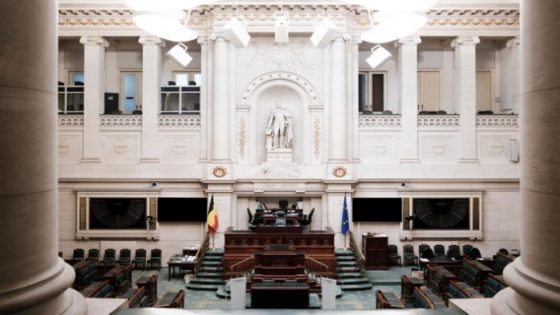On February 20, 2025, Marlies Casier from Ghent University raised concerns about Belgium‘s asylum policies. She argues that the government is undermining the independence of institutions in its quest to deter refugees. Is this approach truly humane?
- Belgium's asylum policy undermines institutional independence.
- Arizona agreement discourages potential asylum seekers.
- Stricter visa conditions limit legal migration options.
- Increased surveillance of asylum seekers' devices.
- Shorter terms for judges threaten judicial independence.
Belgium’s New Asylum Policies: A Step Backward for Refugees
Are Belgium’s new asylum policies creating a hostile environment for those in need? The government’s strategy appears focused on reducing refugee numbers rather than ensuring their safety and rights. This shift raises critical questions about how far Belgium will go to close its borders.
The Impact of Stricter Asylum Regulations on Refugees’ Rights
The Belgian government is implementing stricter regulations that significantly affect asylum seekers. By tightening visa requirements and halting resettlement programs, officials are effectively closing off safe avenues for refugees. What does this mean for those fleeing violence or persecution?
Increased Barriers to Seeking Asylum in Belgium
The new measures create numerous obstacles for individuals seeking refuge:
- Tighter visa conditions limit legal entry options.
- Family reunification processes are becoming more complex.
- The halt of humanitarian visas restricts safe migration pathways.
- A focus on expedited returns undermines fair processing of claims.
The Role of Technology in Monitoring Asylum Seekers
A troubling aspect of these policies includes increased surveillance measures targeting asylum seekers. The government’s proposal to routinely examine mobile devices raises significant privacy concerns. Are we treating vulnerable individuals as potential criminals instead of people needing help?
Potential Consequences for Human Rights in Europe
This shift towards stricter controls not only affects refugees but also challenges the foundations of human rights across Europe. With increasing distrust towards asylum seekers, what message does this send about our commitment to protecting those in need?






























